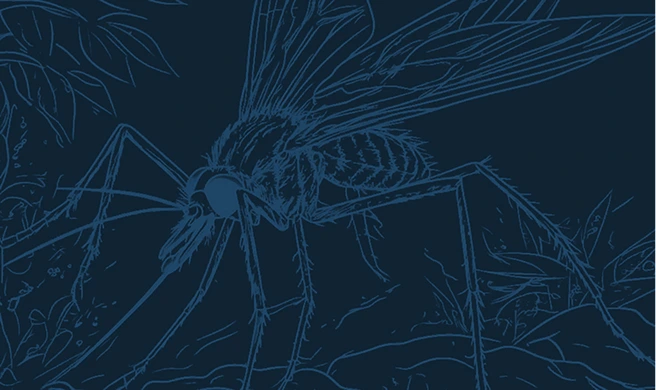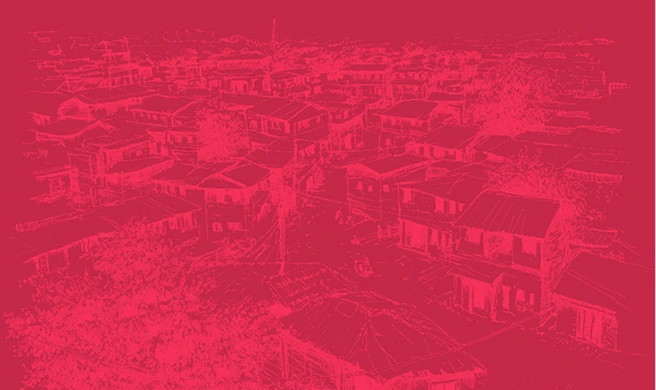Sobre o instrutor:
Resumo do seminário
This presentation explored how Seasonal Malaria Chemoprevention (SMC) had shaped childhood malaria outcomes in northern Ghana, where malaria transmission is highly seasonal and children remained at greatest risk. Drawing on nationally representative survey data and epidemiological analysis, the talk connected program implementation to real-world reductions in malaria prevalence, highlighting both direct protective effects and sustained benefits beyond the treatment period. The session emphasized that SMC not only reduced infection risk but also demonstrated differential impacts across child age groups, with the youngest children experiencing the greatest gains. By linking evidence on intervention effectiveness to broader public health goals, the presentation offered practical insights for policymakers and health partners on how SMC could be optimized through expanded coverage and alignment with local transmission patterns to strengthen child survival strategies in high-burden settings.
Seminários relacionados



